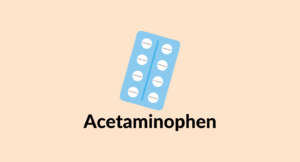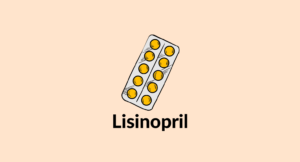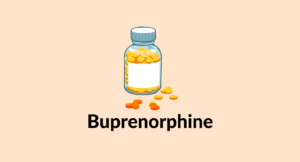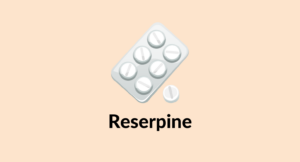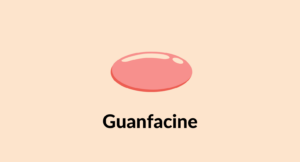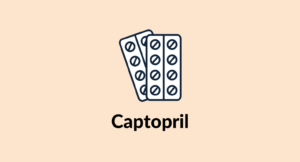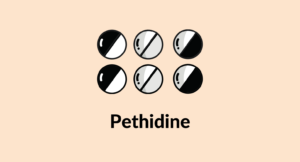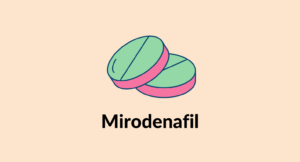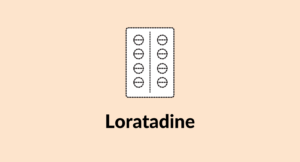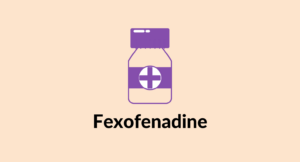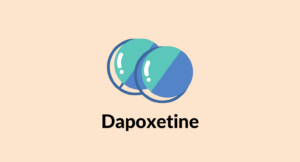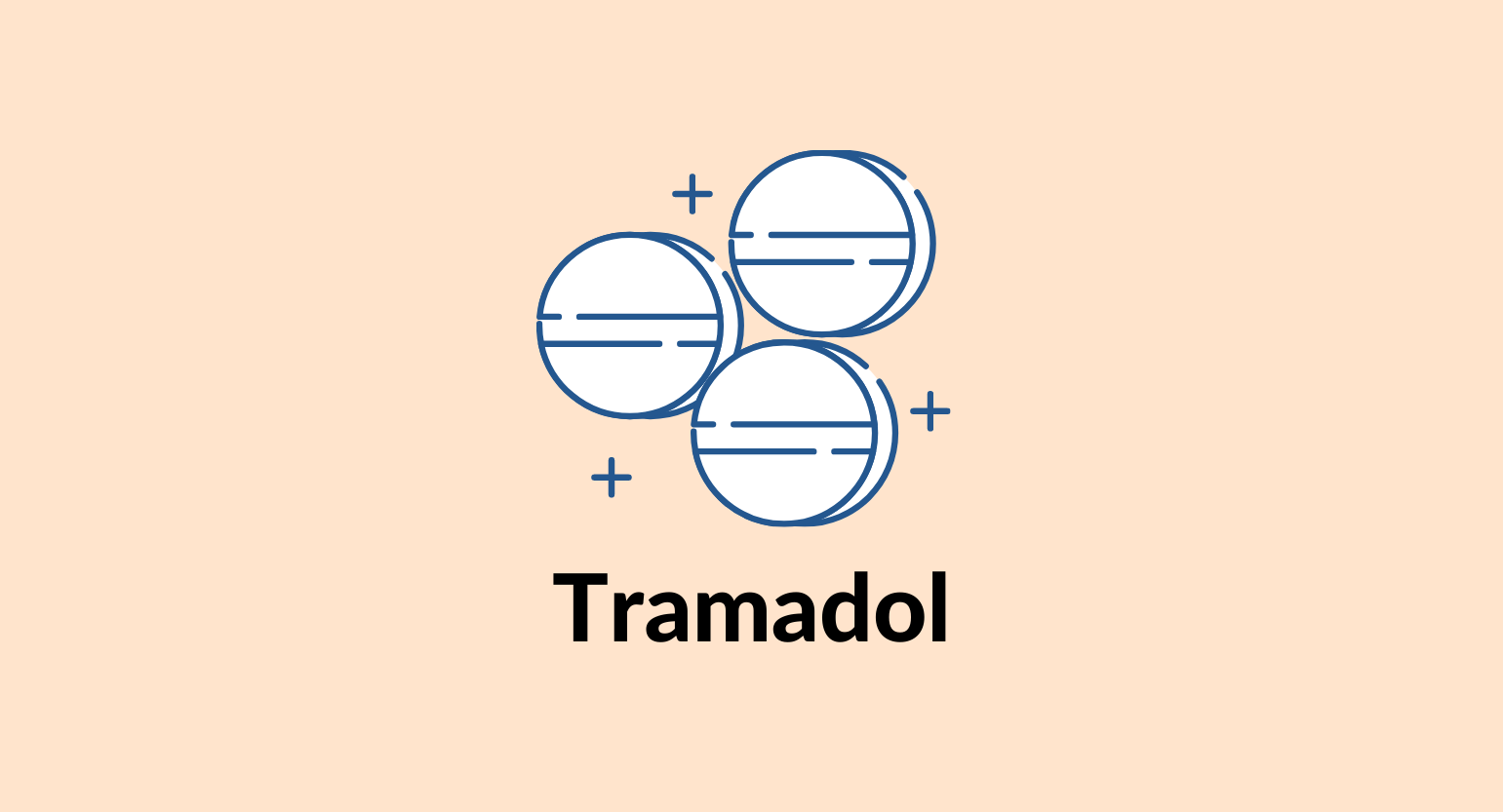
Does CBD Interact With Tramadol (Ultram)?
Information on risks & possible interactions between CBD & tramadol.
One of the most common uses of CBD is for managing chronic pain. Currently, the most common prescription painkillers are opioid drugs such as tramadol (Ultram).
Is it safe to take CBD with tramadol? What are the potential risks of taking both together?
Is CBD a safer alternative worth considering?
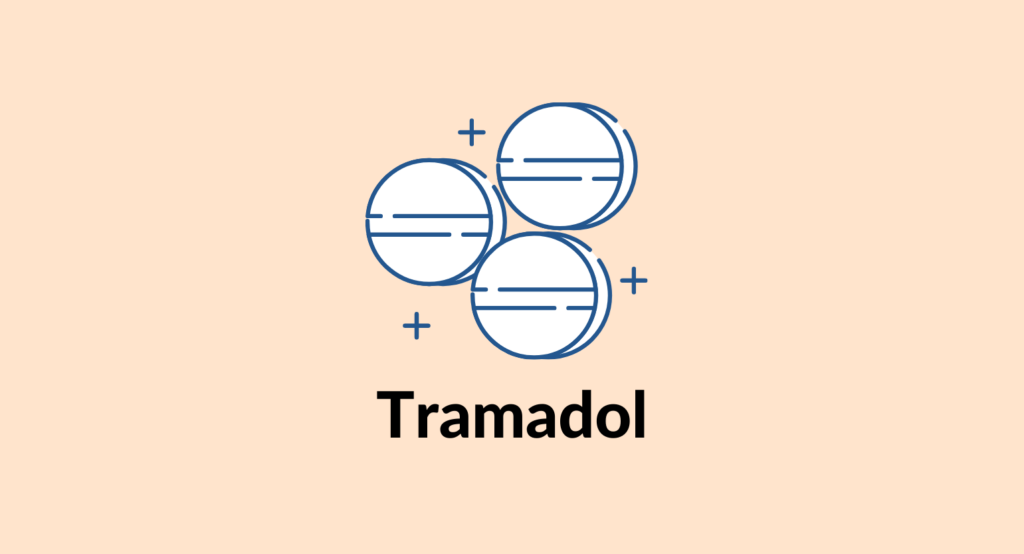
Does CBD Interact With Tramadol (Ultram)?
CBD and tramadol (Ultram) may interact in three different ways — each one has the potential to cause side effects.
Be very cautious when taking CBD with tramadol, and always speak to your doctor before taking both at the same time.
Separating the dose of CBD and tramadol 2 hours apart may reduce the chances of side effects.
1. Agonistic Interaction
Tramadol and opioid analgesics cross the blood-brain barrier to produce their benefits. To cross the blood-brain barrier, drugs like tramadol require the help of P-glycoprotein, which is inhibited by CBD, hence reducing the clearance of the drug from the brain.
CBD also inhibits the enzymes required for metabolism and, consequentially, excretion of tramadol from the body resulting in prolonged presence of the drug in the system.
This increases the time the drug spends in the system, allowing it to have prolonged effects, resulting in an agonistic interaction between CBD and tramadol.
2. Antagonistic Interaction
CBD, in high doses, is known to inhibit the analgesic activities of tramadol or reduce them, making the drug inefficient. The exact mechanism for CBD’s action is not yet known, but it is referred to as an antagonistic interaction between CBD and tramadol.
3. Metabolic Inhibition
Tramadol (Ultram) and CBD require enzymes for their metabolism; they share some of these enzymes, creating competition between the agents. This is referred to as metabolic competition and is one type of interaction between CBD and tramadol.
Other Names for Tramadol
Tramadol is sold under many different names. All share the same risk and potential interactions.
Other names for tramadol include:
- Ultram
- Ryzolt
- ConZip
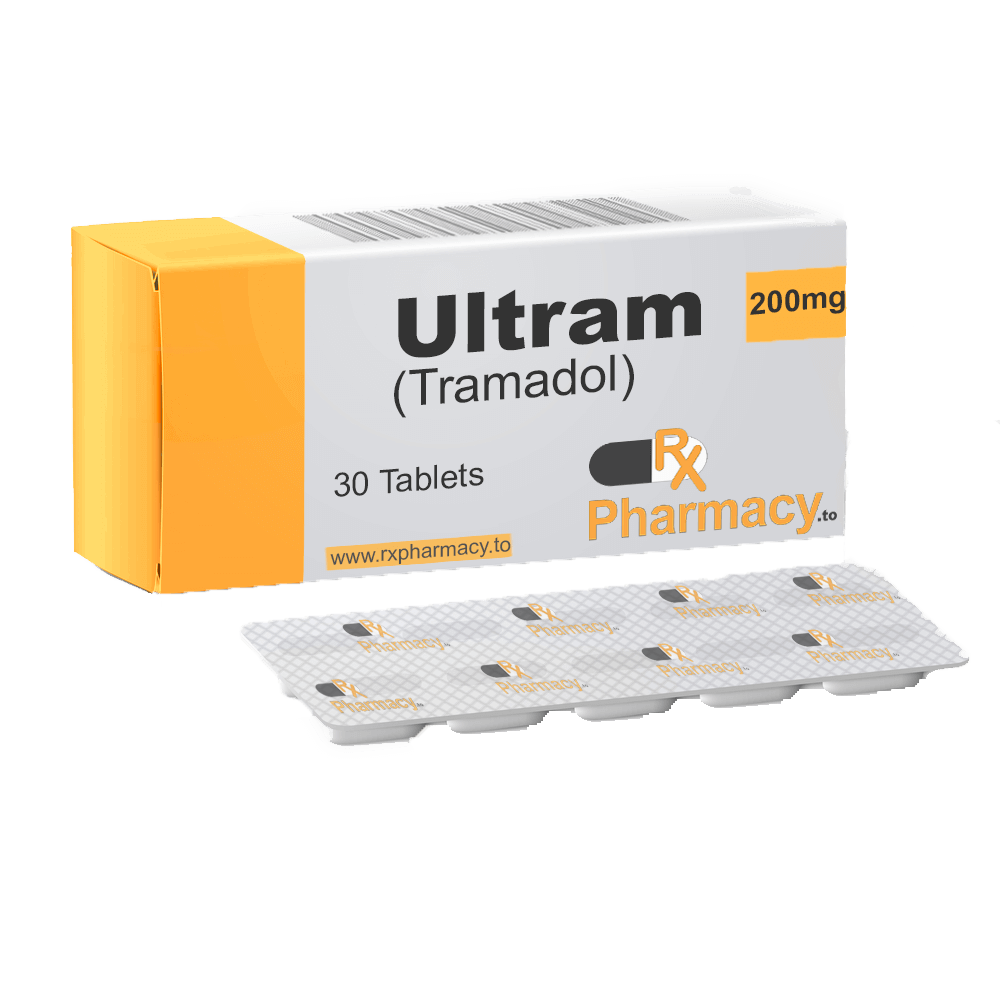
Similar Medications: CBD & Opiates
Tramadol (Ultram) is classified as an opiate medication. CBD and opiates all share similar risks for interaction and side effects.
Here’s a list of similar medications that share a similar level of risk when combined with CBD:
- Buprenorphine (Cizdol & Brixadi)
- Codeine
- Pethidine (Meperidine & Demerol)
- Fentanyl (Abstral & Actiq)
- Hydrocodone (Hysingla ER, Zohydro ER & Hycodan)
- Hydromorphone (Dilaudid)
- Methadone (Methadose & Dolophine)
- Morphine (Kadian & Roxanol)
- Oxycodone (Percodan, Endodan, Roxiprin, Percocet, Endocet, Roxicet & OxyContin)
Is It Safe to Take CBD & Tramadol (Ultram) Together?
CBD interacts with tramadol (Ultram), producing significant clinical symptoms mainly in respiratory depression and coma, which can be fatal if not appropriately treated and managed. Moreover, CBD in high doses inhibits the analgesic effects of tramadol, hence reducing the positive effects of the drug while increasing the negative effects.
Given the risk of severe side-effects along with CBD’s ability to decrease the effects of tramadol, it is not recommended to take CBD and tramadol together.
Is CBD a Viable Alternative to Tramadol (Ultram)?
CBD initially gained traction for its analgesic and anti-inflammatory properties, which help alleviate different types of pain in patients [1]. Tramadol (Ultram) and CBD are potent pain-relieving agents; however, the former tends to cause dependence and addiction and requires a prescription. On the other hand, CBD can be used freely without any risk of addiction or habit formation.
Moreover, tramadol and other opioid analgesics have a higher risk of patient overdoses than CBD or even average pain killers. As CBD decreases the risk of fatal overdoses and provides similar benefits as opioid analgesics, it may be a viable alternative for these medications, including tramadol [2].
While anecdotal evidence points to the benefits of CBD over tramadol, further scientific research and evidence are required for CBD to become the standard medical analgesic, replacing opioid analgesics like tramadol.
What Is Tramadol (Ultram)?
Tramadol is an opioid analgesic commonly sold under the brand name Ultram and used to manage moderate to severe pain, bringing relief within an hour of oral ingestion of the pill. Tramadol is commonly prescribed for pain, over other opioid analgesics, because of its reduced ability to produce side effects such as dependence and addiction. Tramadol is addictive, however, and special care should be taken when prescribing this medication to high-risk populations.
Tramadol is metabolized in the liver into desmetramadol, an opioid with a higher affinity for opioid receptors. It helps treat pain disorders such as fibromyalgia and trigeminal neuralgia. The FDA has not approved the use of this medication in treating these pain disorders but rather only for the treatment of acute and chronic pain. The FDA has approved the use of tramadol IV for the management of pain, while the National Health Service (NHS) has approved tramadol as a secondary drug for the treatment of pain disorders.
Tramadol is sold under different brand names such as Ultram, Zytram, Qdolo, Ryzolt, and ConZip, with Ultram being the most readily available and commonly used brand.
The drug becomes effective within an hour of ingesting, but it takes around 2 hours to 4 hours for the medication levels to peak in the body. It belongs to two different classes of medications, namely, opioid analgesics and Serotonin Norepinephrine Reuptake Inhibitors (SNRI), with the former being the more commonly known class.
Compared to other opioid painkillers such as morphine and codeine, tramadol is not that effective, but it is still used because it’s less addictive.
Tramadol is metabolized in the liver using demethylation and glucuronidation via the enzymes CYP2D6 and CYP3A4. Its elimination half-life and duration of action is approximately 6 hours, with most of the drug excreted in the urine.
Tramadol interacts with CBD, another potent analgesic agent, to produce majorly significant clinical symptoms and side effects that have the potential to be fatal without appropriate medical attention. CBD has both an agonistic and antagonistic effect on tramadol, depending on its dosage.
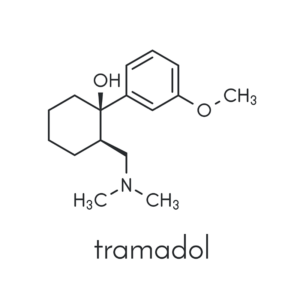
Tramadol Specs:
| Drug Name | Tramadol |
| Trade Name | Ultram, Zytram, Qdolo, Ryzolt, ConZip |
| Classification | Opioid Analgesic |
| CYP Metabolism | Liver (CYP2D6 and CYP3A4) |
| Interaction with CBD | Antagonistic (Decreased effects) of high dose Tramadol Agonistic (Increased Effects) |
| Risk of Interaction | Major |
How Does Tramadol (Ultram) Work?
Tramadol (Ultram) is an opioid agonist that targets the noradrenergic system, serotonergic system, and opioid system.
Tramadol affects the following receptors and processes in the body to produce its analgesic effects:
- Mu Opioid Receptor or MOR, as an agonist, followed by other opioid receptors such as DOR and KOR. Tramadol has the highest affinity for MOR amongst the three opioid receptors in the body.
- Serotonin and norepinephrine reuptake from the synapses as tramadol is an active inhibitor of these reuptakes, hence belonging to the SNRI class of antidepressants.
- M1 and M3 muscarinic receptors in the body, as an antagonist.
- Serotonin 2C receptor, as an antagonist.
- Alpha 7 nicotinic acetylcholine receptor, also as an antagonist.
The main benefit of tramadol is pain management, and it does so by binding to the MOR using its active metabolite, desmetramadol. This metabolite is formed as a result of the metabolism of the drug in the liver.
Side Effects of Tramadol (Ultram)
Tramadol (Ultram) is an opioid analgesic with a few common side effects associated with its use, such as:
- Abdominal Pain
- Anxiety
- Constipation
- Dizziness
- Drowsiness
- Dry mouth
- Flatulence
- Headache
- Irritation and Agitation
- Itching
- Menopausal symptoms
- Nausea
- Rash
- Sleep Disorders
- Urinary frequency
- Urinary retention
- Vertigo
- Visual disturbance
- Vomiting
- Weight loss
Tramadol also has some rare side effects associated with its use that are also higher in severity:
- Bradycardia
- Dyspnoea
- Epileptiform convulsions
- Gastrointestinal bleeding
- Hallucinations
- Heart Attack
- Hepatitis
- Hypertension
- Kidney damage presenting with Proteinuria
- Liver failure
- Migraine
- Pulmonary edema
- Pulmonary embolism
- Respiratory depression
- Stevens-Johnson syndrome
- Tinnitus
Tramadol can also produce dependence and addiction, two of the most severe and common side effects of the medication. It is essential to take this medication only when prescribed by a medical professional and follow precautions carefully. The side effects mentioned above can increase in intensity and severity if tramadol is taken with CBD, a potent pain-relieving cannabinoid.
Types of Drug Interactions With CBD
CBD has gained traction recently and has been made widely available for its several benefits. However, it can interact with other medications and drugs, resulting in severe side effects and complications.
The interactions between the drugs and CBD can be of low clinical significance, moderate clinical significance, or major clinical significance. In case of low interactions, CBD can be used alongside the drug, whereas for moderate interactions, the use of CBD with the drug should be avoided unless medically necessary. If CBD has significant interaction with a drug, then the two agents should not be taken together.
Based on the effect of CBD on the medication and its properties, drug interactions with CBD are classified as:
1. Agonistic Interaction
CBD increases the effects or the time the medications spend in the system by inhibiting the clearance of the drug or working synergistically with the drug. Although the net effect is increased effects of the medication, it does not produce positive results but rather unfavorable results.
2. Antagonistic Interaction
CBD inhibits the activity of the drug or hastens the clearance of the drug, decreasing the overall positive effect of the medication, hence, producing an antagonistic interaction.
3. Metabolic Inhibition
CBD competes for the drug for the enzymes that both agents need for their own metabolism.

Key Takeaways: Is CBD Safe to Take With Tramadol (Ultram)?
Tramadol (Ultram) is an opioid analgesic with a weak inhibitory effect on serotonin reuptake and norepinephrine reuptake. It has one-tenth of morphine’s analgesic properties and is often used as a secondary treatment for pain disorders or as a primary treatment of acute and chronic pain.
It is widely used because it’s less likely to produce dependence and addiction. CBD also has potent analgesic properties. However, it’s not recommended for them to be used together as CBD, in high doses, inhibits the action of tramadol and the enzymes necessary for metabolism and clearance of the drug, resulting in prolonged effects of tramadol on the system.
Prolonged effects increase the risk and severity of the several side effects of tramadol, most important of which are respiratory depression and coma.
References
- Nutt, D. J., Phillips, L. D., Barnes, M. P., Brander, B., Curran, H. V., Fayaz, A., Finn, D. P., Horsted, T., Moltke, J., Sakal, C., Sharon, H., O’Sullivan, S. E., Williams, T., Zorn, G., & Schlag, A. K. (2021). A Multicriteria Decision Analysis Comparing Pharmacotherapy for Chronic Neuropathic Pain, Including Cannabinoids and Cannabis-Based Medical Products. Cannabis and cannabinoid research, 10.1089/can.2020.0129. Advance online publication.
- Ellis, L. D., Berrue, F., Morash, M., Achenbach, J. C., Hill, J., & McDougall, J. J. (2018). Comparison of cannabinoids with known analgesics using a novel high throughput zebrafish larval model of nociception. Behavioural brain research, 337, 151–159.
Signup to our newsletter
Be the first to know about our newest arrivals and special offers!
